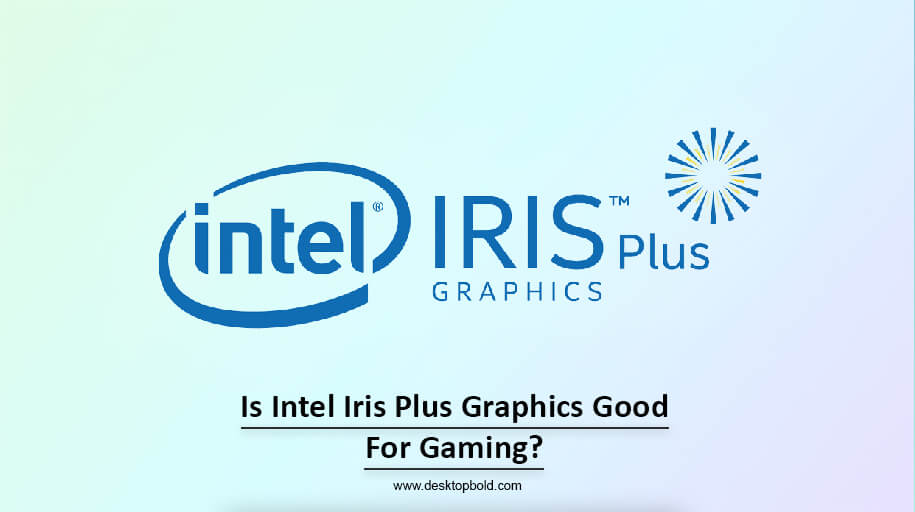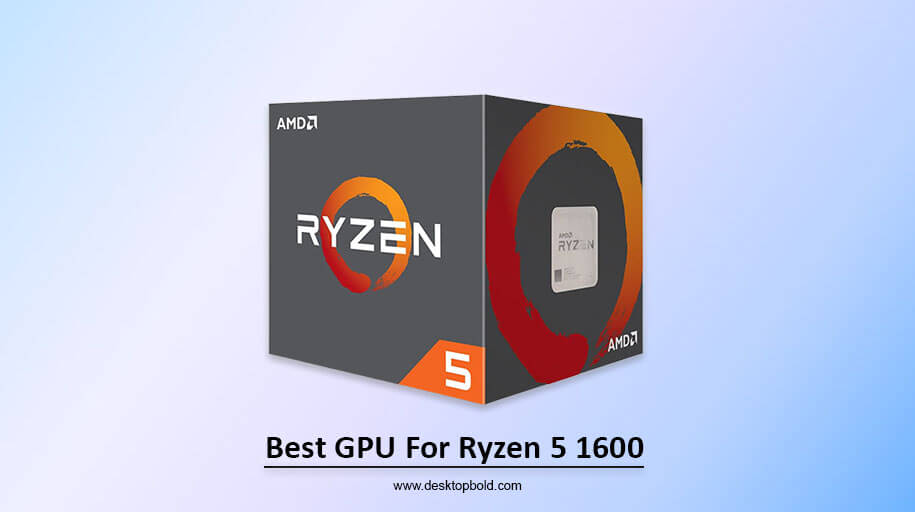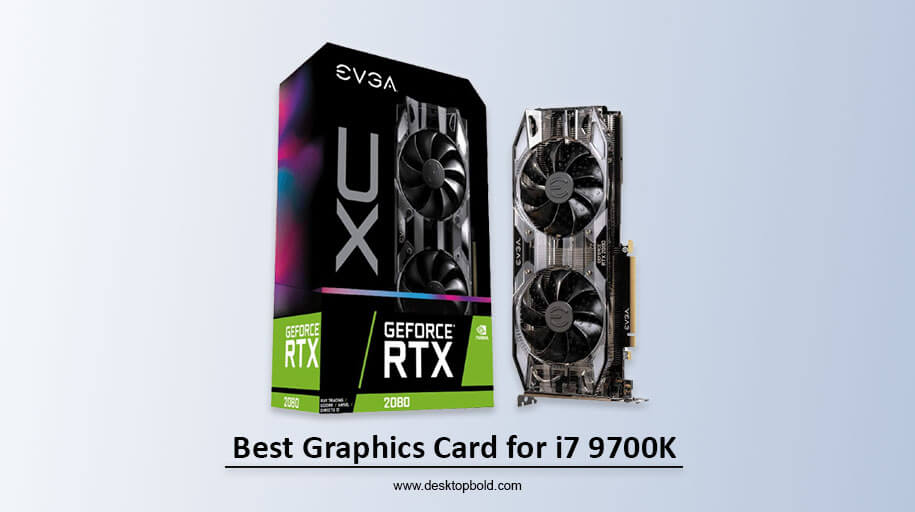Purchasing a graphics card is not only a costly process but also complicated with clarity. Choosing which graphics processing units (GPUs) are the best might be challenging since many options exist. One example is the “Ti” suffix on certain Nvidia graphics cards. To assist you in overcoming these barriers brought forth by naming convention, below is a complete guide.
So, coming to the main topic, what does Ti mean in GPUs? The concise answer to this question is the better version of GPUs than its non-Ti versions. But for detailed explanations, join us in reading the article.
What does Ti stand for in GPUs?
Numerous brands, models, and technical terminology contribute to selecting a graphics processing unit. Although there are several acronyms and abbreviations for GPUs, Ti is the most frequent.
Ti, which stands for Titanium, is a series of Nvidia graphics processing units. For Nvidia graphics processing units (GPUs), the Ti designation is part of the company’s naming policy. It denotes that the product is a more powerful version of the same model than its non-Ti version. The 3080 Ti, 2080 Ti, and 1080 Ti are a few examples of Nvidia products with this abbreviation.
How to version GPUs better than non-Ti versions
Ti GPUs contain more Shader (CUDA) Cores and video memory (VRAM) than their non-Ti counterparts of the same tier. They are generally more expensive and potent in NVIDIA’s GPU Generation lineup.
GPUs with the “Ti” brand are generally introduced later than their non-“Ti” counterparts. They are often developed as a potential solution against AMD’s upcoming offerings. They are also released to reduce the cost of a specific range of performance levels but do not affect the cost of current GPUs. In Octane-Bench, the Ti variant also notably outperforms the non-Ti GPU.
Are Ti graphic cards worth Buying?
The company’s Ti GPUs are built with specific benefits in mind. Ti’s best features include its small size and high GPU performance. These GPUs are an excellent option for gamers because of their portability and low weight.
When players are overwhelmed with ultra-high definition and resolution, the mood of gaming takes a dark turn. GPUs that have TI technologies are recommended owing to their superior performance. The TI on GPUs allows for smooth gameplay in high-resolution games. So, it is definitely worth buying in terms of performance.
Is it important for the Ti Brand Label on a GPU?
The answer is “maybe.” If you’re trying to save money on a new graphics card, look at alternatives that don’t use Titanium. But a Ti GPU may be a good choice if speed is more essential than cost. A performance improvement is always welcome, and these cards may frequently be almost as fast as the next model up while being much cheaper, as is the case with the RTX 3080 Ti and the RTX 3090. However, the GPU is crucial. Read up on specific reviews of the model you want to purchase before making a final decision.
Conclusion
The answer to the question What does Ti Mean in GPU concluded that TI stands for remarkable achievement. Graphics processing units (GPUs) from TI are among the most powerful and costly. The TI GPU is the finest option for PC gamers, not limited by financial constraints.
Ti cards are the way to go if you’re trying to save money when putting up a PC. It doesn’t matter what kind of card you get; having a TI card on your side will always lead to more frames per second.
Frequently Asked Questions
Do Ti GPUs make from Titanium?
No, Ti does not mean that GPU is made from Titanium. Tungsten is a component of the graphics processing units (GPUs) and other electronic components of Ti graphics cards. It can tolerate greater temperatures without harm since it has a higher melting point than Titanium. This makes it a good choice for high-temperature equipment like graphics processing units.
What what does ti mean on video card?
Ti, acronym for Titanium, is a graphics card technology developed by Nvidia. Ti, like other GPU-related adjectives, signifies a more better card that, in turn, provides superior performance.




